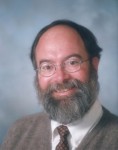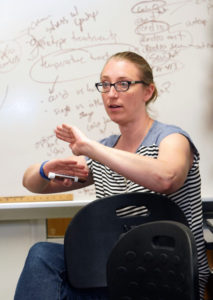
Professor of Economics Steven Greenlaw
Professor of Economics Steven Greenlaw authored a chapter on how to teach effectively online in Mark Maier and Phil Ruder’s forthcoming Teaching Principles of Microeconomics by Edward Elgar Publishing. While focussed on teaching introductory economics, the principles described are applicable to most disciplines.
